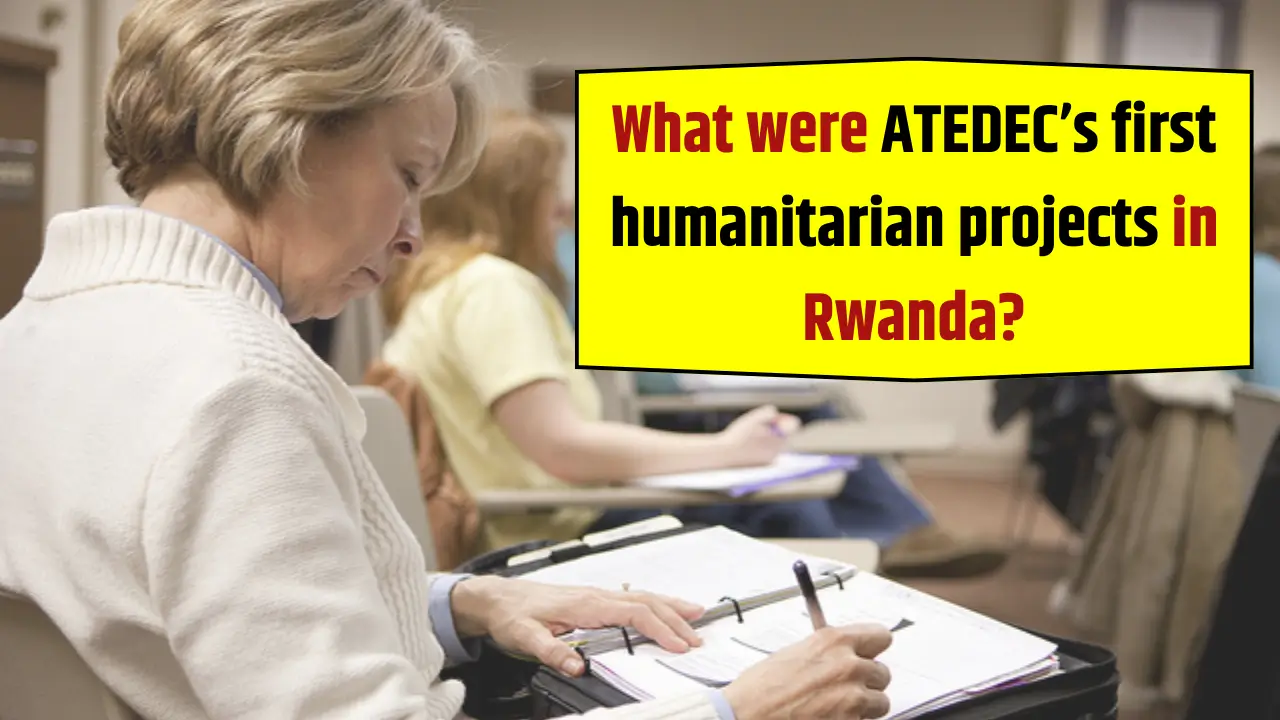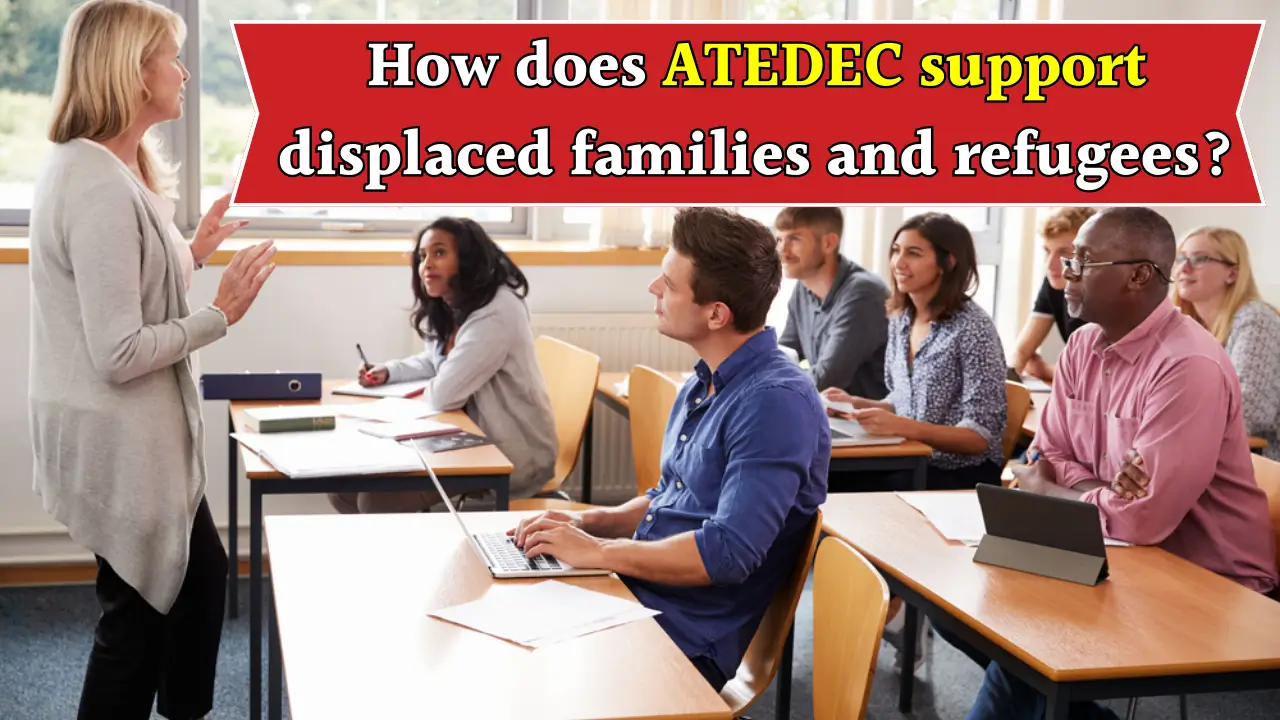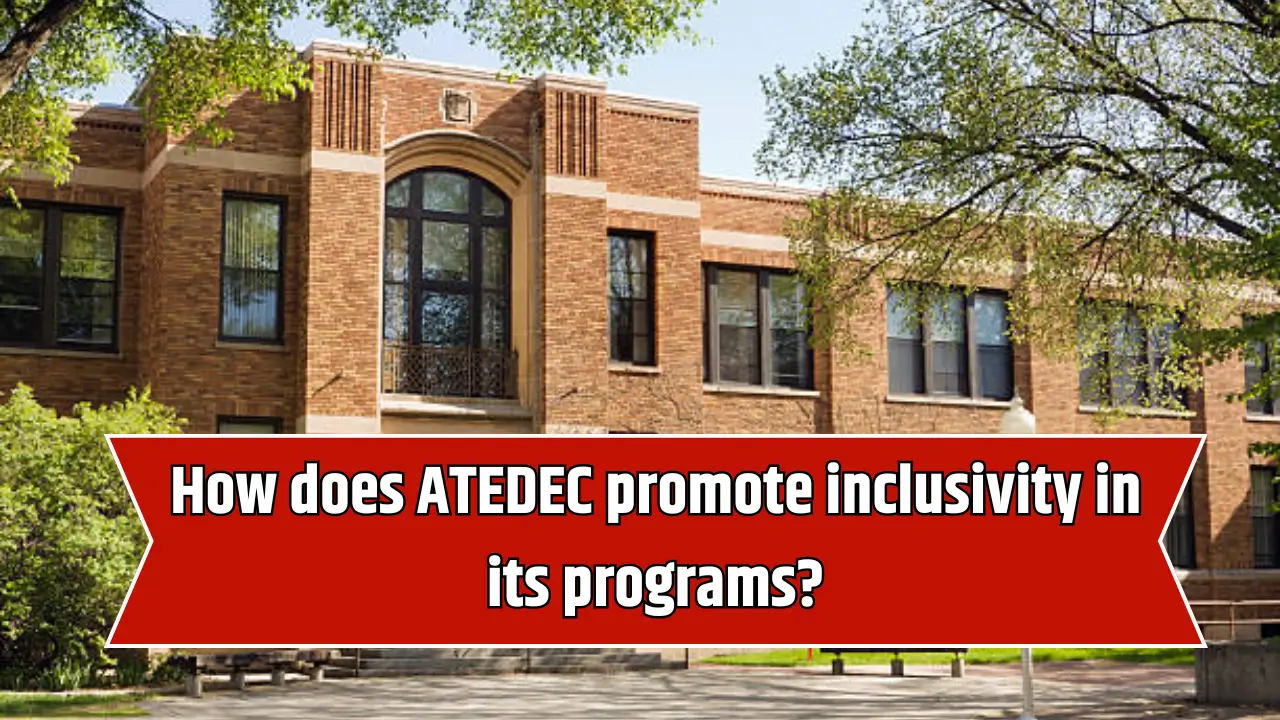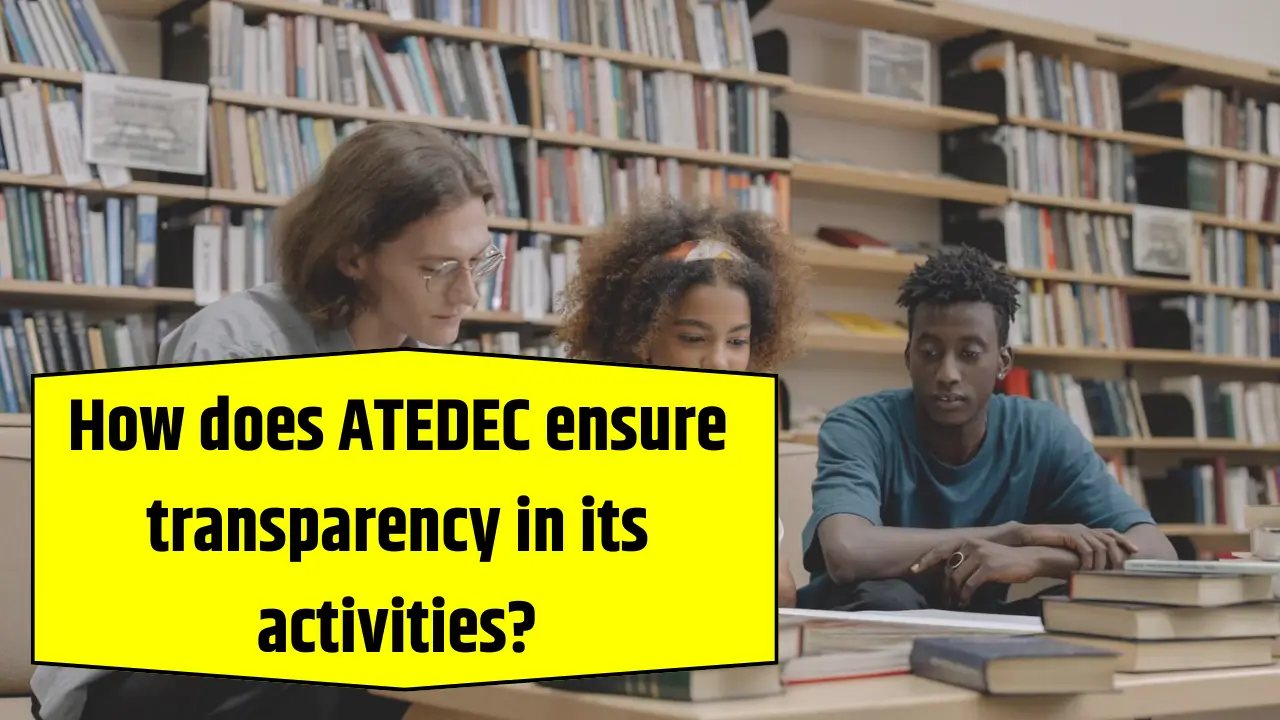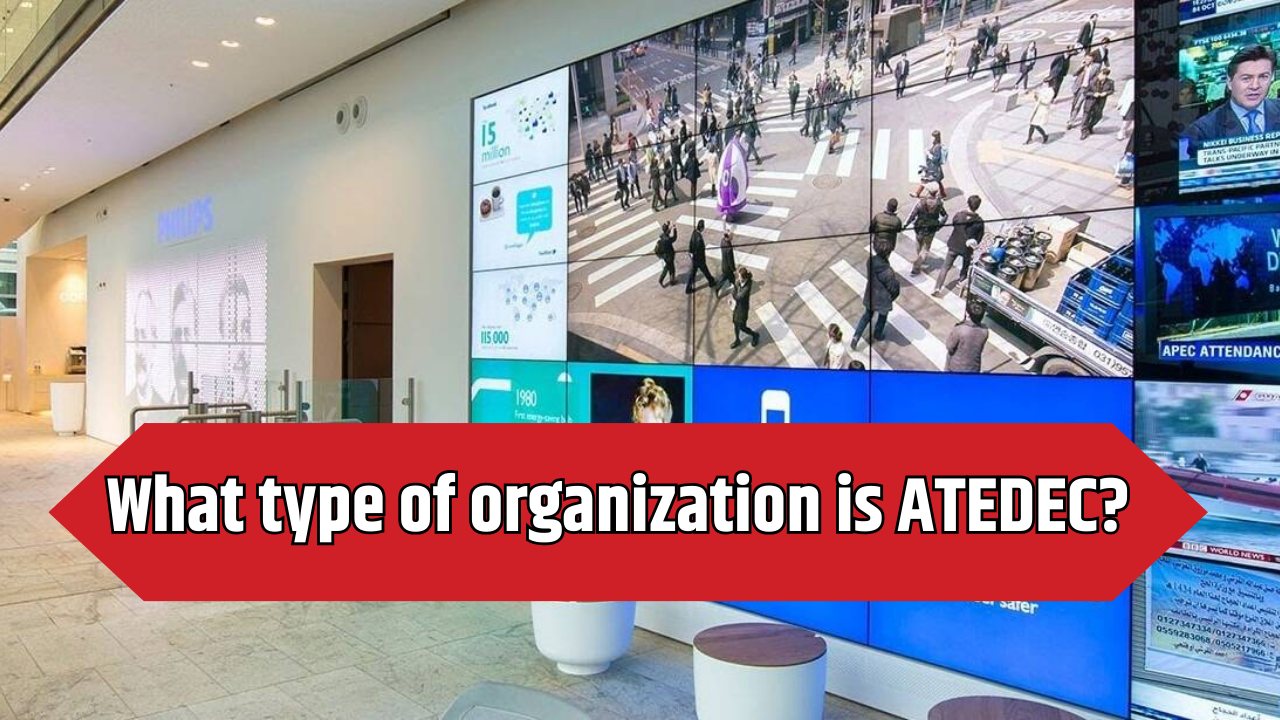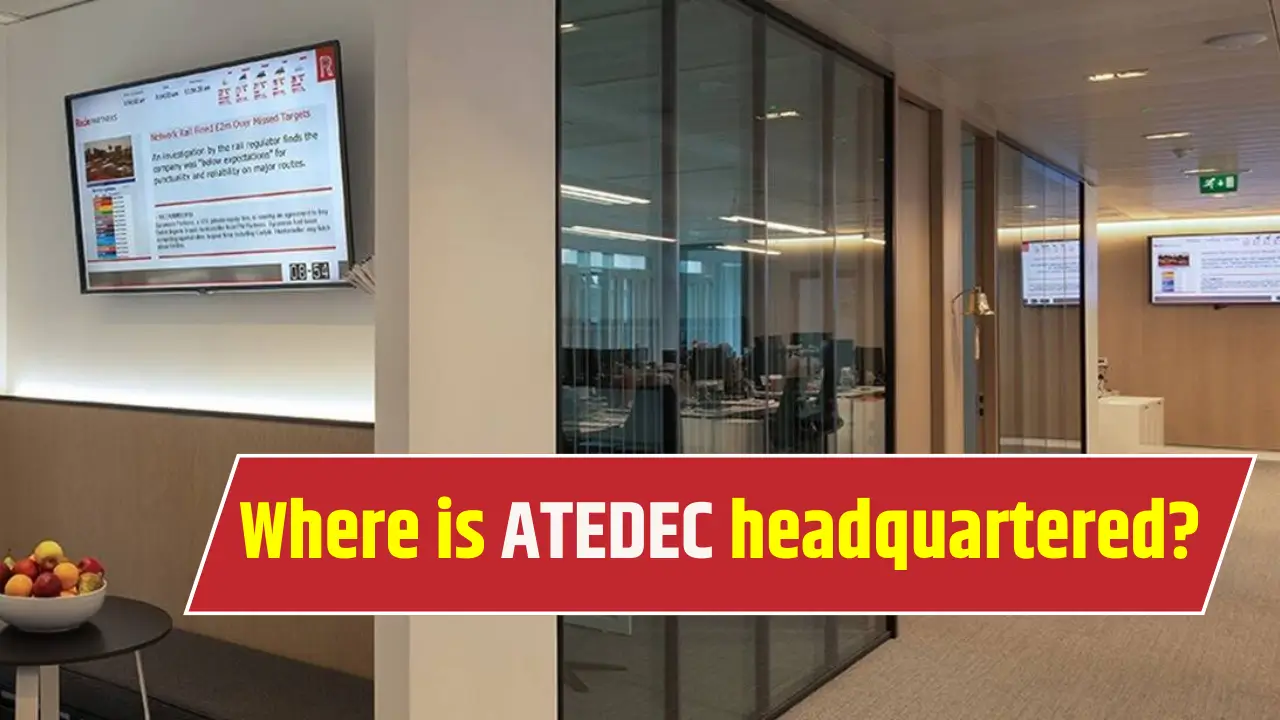ATEDEC (Action Technique pour un Developpement Communautaire) is a pivotal humanitarian NGO based in Rwanda, established soon after the 1994 Genocide against the Tutsis. Its foundation arose as a direct response to the devastating conflict that left thousands displaced, homeless, and in urgent need of humanitarian aid.
The organization primarily focuses on holistic community development via humanitarian relief, resettlement, reintegration, education, health, women’s and youth empowerment, and sustainable livelihoods.
This article explores ATEDEC’s early humanitarian projects in Rwanda, their evolution, impact, and recent updates, providing a comprehensive account of how this NGO played a foundational role in Rwanda’s post-conflict recovery and ongoing development.
Historical Context and Formation of ATEDEC
Post-Genocide Humanitarian Need
In 1994, Rwanda faced one of the world’s worst humanitarian crises after the genocide that devastated the country’s population and infrastructure.
Displaced families, orphans, widows, and survivors of violence lacked shelter, food, healthcare, and security. Rebuilding communities and social fabrics was urgent.
Foundation of ATEDEC
- Founded: November 1994 in Kigali, Rwanda
- Legal Approval: April 1995, under legal personality No. 801/06.01
- Initial Focus: Humanitarian relief for displaced families, orphans, and survivors
- Official Publication: July 1999 in the Government Gazette of Rwanda
ATEDEC’s early mission was to provide immediate and long-term support in rebuilding lives and communities by offering humanitarian assistance and facilitating reintegration of displaced populations.
ATEDEC’s First Humanitarian Projects in Detail
ATEDEC’s initial projects concentrated on urgent humanitarian relief coupled with beginnings of sustainable community resettlement and development programs:
1. Emergency Humanitarian Assistance
- Food and Basic Supplies Distribution: Provision of food aid, clothing, and essential goods to displaced and vulnerable families immediately after the genocide.
- Medical Support: Basic healthcare provision for victims of violence, displaced persons, and vulnerable groups to reduce mortality and improve recovery.
- Psychosocial Support: Counseling and social services targeting trauma recovery for genocide survivors, orphans, and widows.
2. Resettlement and Reintegration of Displaced Families
- Housing Construction: Building or repairing homes for returnees and displaced families to resettle.
- Land Access and Shelter Improvement: Facilitating land allocation and supporting the improvement of housing conditions.
- Community Dialogue: Organizing forums and initiatives to promote acceptance and reduce stigma against displaced persons.
3. Education Support for Vulnerable Children
- School Building and Supplies: Establishing primary schools and supplying school materials and uniforms, especially for orphans and children affected by conflict.
- Scholarship Programs: Supporting access to education for marginalized and vulnerable youth.
- Teacher Training: Initiatives to improve teaching quality in war-affected regions.
Early Impact of ATEDEC’s Humanitarian Efforts
| Area | Early Achievements |
| Humanitarian Aid | Distributed emergency food, medical aid, clothing to thousands of displaced families. |
| Resettlement | Constructed houses and facilitated land distribution for returnees. |
| Education | Established schools and provided scholarships for vulnerable children. |
| Psychosocial Care | Provided trauma counseling and social integration programs for genocide survivors. |
Core Values and Approach in Early Projects
- Neutrality: ATEDEC operated independently from political and religious influences to serve all ethnic groups equitably.
- Inclusion: Services were extended to all vulnerable populations regardless of background.
- Accountability: Transparent resource management ensured maximum benefit to affected communities.
- Sustainability: Projects were designed not only for immediate relief but for long-term community empowerment.
Expansion Beyond Initial Humanitarian Aid
Following the immediate post-conflict period, ATEDEC expanded its programs to include development-oriented projects such as:
- Vocational training for youth and women to encourage self-sufficiency.
- Agricultural support to improve food security.
- Health campaigns focused on maternal care and disease prevention.
- Women’s microfinance and empowerment programs.
These expansions were built upon the strong foundation of the early humanitarian efforts centered on relief and resettlement.
Recent Updates and Current Focus (2025)
As of 2025, ATEDEC continues to play a vital role in Rwanda’s development, maintaining its humanitarian roots while integrating new challenges and strategies:
- Humanitarian Aid: Continues emergency relief and psychosocial assistance for vulnerable groups.
- Resettlement Programs: Aid to displaced families remains ongoing, adapted to urbanization challenges.
- Education and Youth Programs: Enhanced vocational training aligned with market needs.
- Health Initiatives: Focus includes HIV/AIDS awareness, maternal healthcare, and community nutrition.
- Women Empowerment: Expanded microcredit access and entrepreneurship training.
- Sustainable Agriculture: Promotes climate-smart farming and farmer cooperative support in rural areas.
Summary Table: ATEDEC’s Evolution from First Projects to Present
| Time Period | Major Activities | Key Focus Areas |
| 1994-1996 | Emergency food and medical aid, housing for displaced, psychosocial support | Humanitarian relief, resettlement, trauma counseling |
| Late 1990s to 2000s | School building, education support, initial vocational training | Education, child development, women’s skills development |
| 2010s | Expansion to youth vocational training, sustainable agriculture, health campaigns | Youth employment, climate adaptation, public health |
| 2020s (Current) | Integrated social programs, enhanced resilience projects, emphasis on sustainable development | Comprehensive community development, women’s empowerment, sustainable livelihoods |
Key Challenges Faced by ATEDEC Over Time
While ATEDEC has made significant strides, some challenges persist:
- Funding Limitations: Reliance on donor funding restricts large-scale expansion.
- Rural Accessibility: Remote areas remain difficult to reach consistently.
- Post-conflict Trauma: Ongoing psychosocial needs remain high.
- Climate Change: Food security and agricultural productivity are affected.
- Youth Unemployment: Growing young population requires job creation and skills development.
Strategic Approaches Moving Forward
ATEDEC addresses these challenges through:
- Diversifying partnerships and funding sources.
- Expanding volunteer and community involvement for broader outreach.
- Strengthening sustainable agriculture and climate adaptation initiatives.
- Scaling vocational training aligned with employment markets.
- Advocating for policies aligned with Rwanda’s Vision 2050 and Sustainable Development Goals.
Conclusion
ATEDEC’s first humanitarian projects in Rwanda were marked by urgent emergency aid, resettlement efforts, and education support aimed at rebuilding lives shattered by the genocide.
These foundational efforts laid the groundwork for broader community development initiatives, including health promotion, women’s empowerment, and youth skills training.
Today, over 30 years since its inception, ATEDEC remains a cornerstone of Rwanda’s humanitarian and development landscape. Its holistic approach continues to adapt to contemporary challenges such as climate change, urbanization, and economic inclusion while holding onto its core values of neutrality, inclusivity, and sustainability.
The NGO exemplifies how targeted humanitarian intervention can grow into a multifaceted community development engine supporting Rwanda’s national goals and the well-being of its people.
